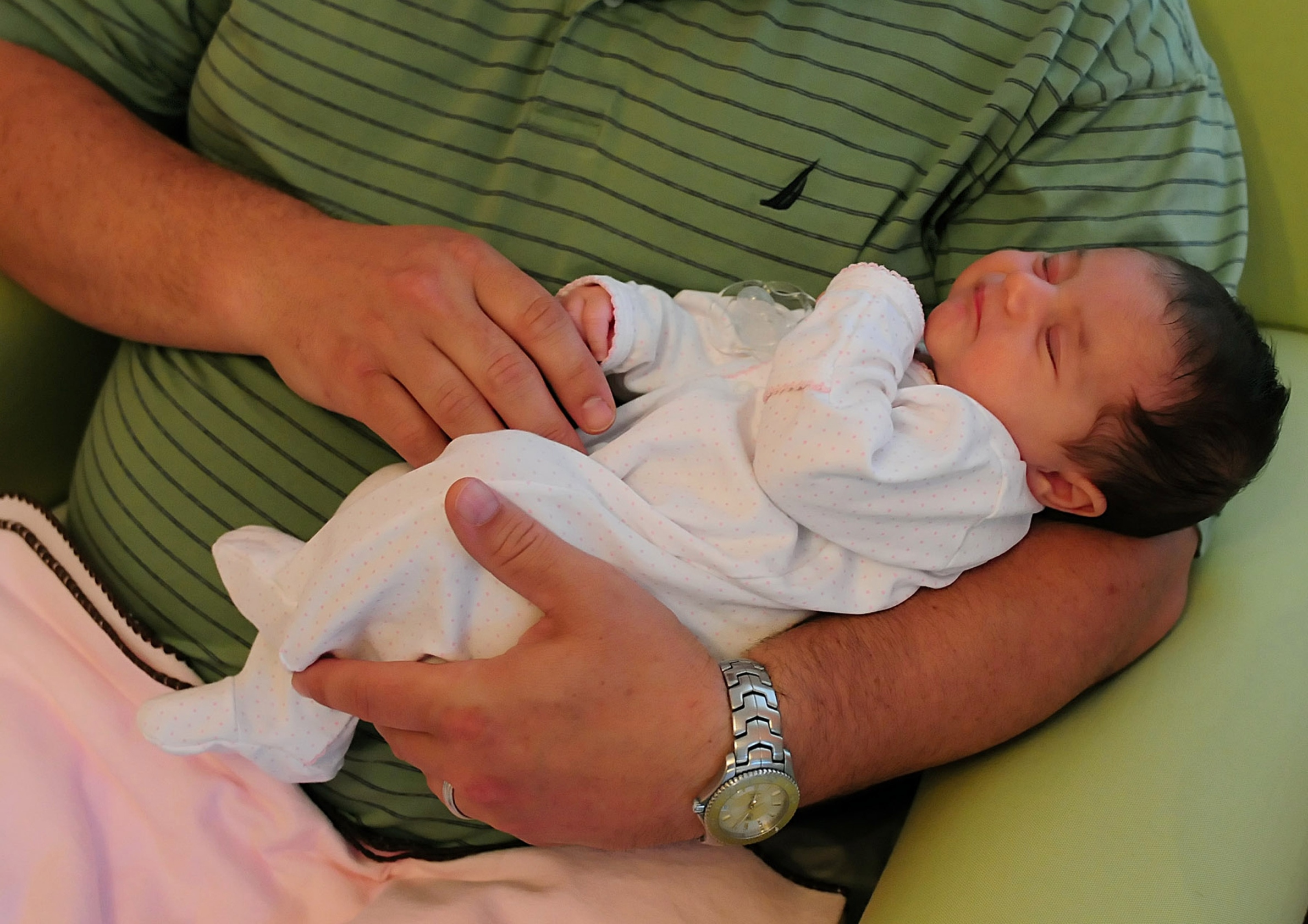
More and more women are looking to make money by offering their eggs to couples unable to have children of their own, and men are doing the same thing with their sperm, according to an April 7 article in The Boston Globe.
Egg donor facilities in the
According to the article, infertile couples ‘- and some single women ‘- will pay $20,000 to $30,000 for an egg donation, in vitro fertilization (in which egg cells are fertilized by sperm outside the womb), and transfer to the recipient.
‘What we’ve seen is that the economy seems to have inspired more people to look at alternative ways to earning money,’ Sanford M. Benardo, president of Northeast Assisted Fertility Group, a company that recruits, screens and matches women who want to become egg donors or surrogate mothers, told The Globe.
The Northeast Assisted Fertility Group has offices in Boston and New York, and applications from women who would like to offer their eggs have doubled in the past year, the article said.
If a woman meets the agency’s criteria ‘- which includes being a generally healthy nonsmoker between 21 and 32 years of age with a good family health history, as well as passing physical, psychological and genetic testing ‘- in addition to being ‘reasonably educated and reasonably attractive,’ according to Benardo ‘- she will get $10,000 each time she donates.
Women who are accepted undergo hormone injections and then a surgical procedure to have their eggs removed. Since selling one’s egg is technically illegal, however, women are monetarily compensated for their time and inconvenience. Fees paid to an egg donor usually range from $5,000 to $10,000.
There is one catch, however.
‘Fewer folks are in a financial position [to accept egg donations to start or add to a family],’ Amy Demma, founder of Prospective Families, an egg donation agency in Wellesley, told The Globe
She said that though the number of willing donors has increased, the demand for donors has decreased.
‘So while there are certainly more women [donors] lined up outside the door with application in hand, there aren’t more getting through the door,’ she said.
Prospective Families has witnessed a 30-percent rise in donor applications in the past year. Demma said though some of the women are stay-at-home mothers or students looking to finance their education, some just want to help couples who have been able to have a baby of their own.
The Donor Source, which is based in Irvine, Calif., and has a Boston office, has seen a 25-percent increase in applications this past year. So has NEEDS (National Exchange for Egg Donation and Surrogacy), based in Charlestown.
Sperm donations are also increasing, though they garner significantly less compensation. According to the Globe, sperm banks generally compensate donors an average of $85 to $100 per donation and require them to be at least 5-foot-8, a college student or graduate between ages 18 and 38, and in good health.
The Globe reported that California Cryobank, which has offices in Cambridge, recruits mainly on college campuses and asks donors for a one-year commitment, with the average donor contributing two or three times every week.
Communications Manager Scott Brown said applications have gone up 20 percent over the past six months.
‘I think the recession has certainly opened up interest,’ he said.
He added, however, that less than 1 percent of applicants are chosen, as the criteria are based on family history, a physical exam, and analyses of blood, urine and semen.
Domenic Poli can be reached at [email protected].






